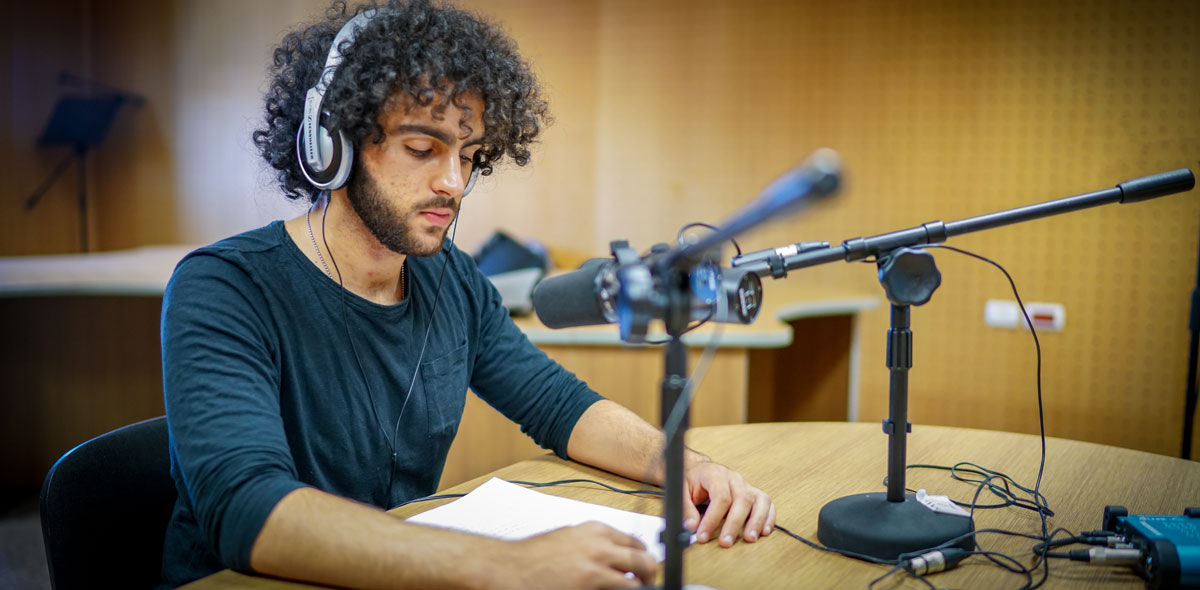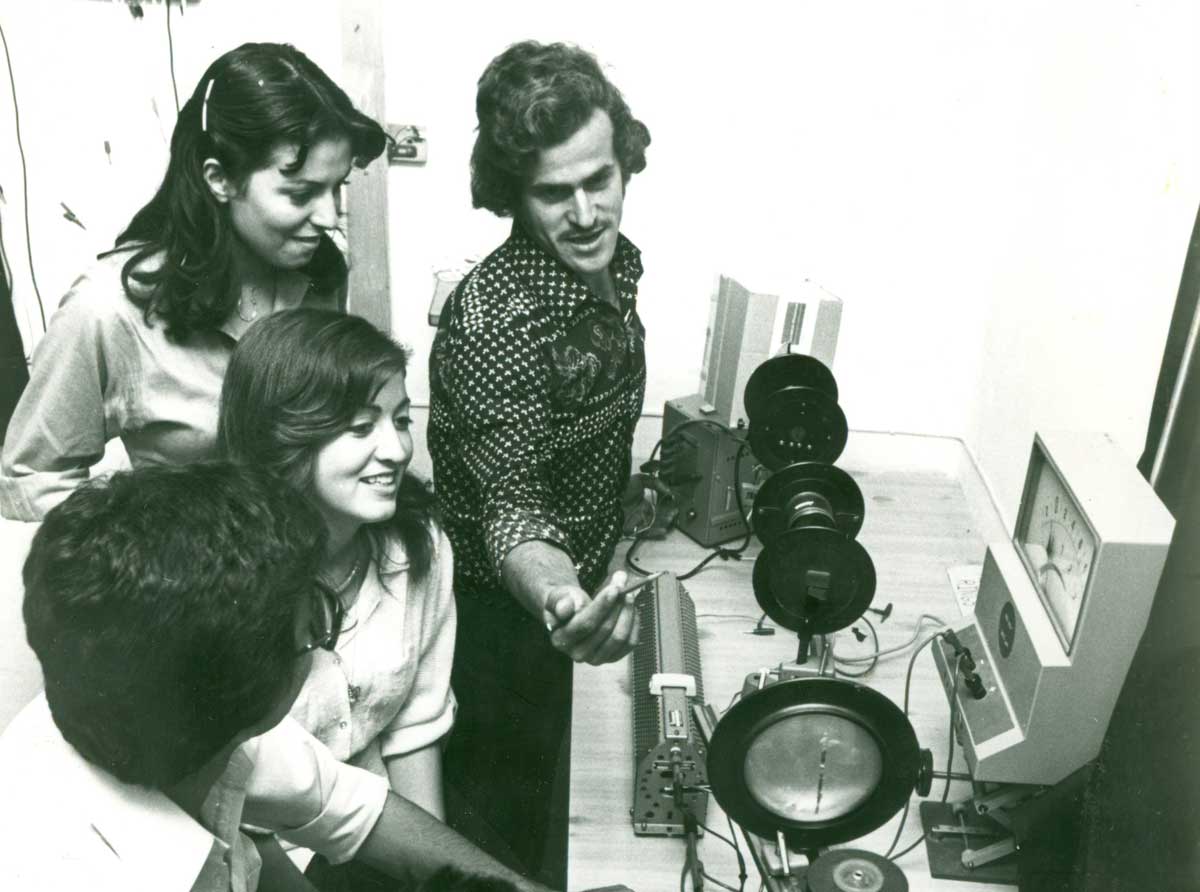Since its establishment as a primary girls’ school in 1924, Birzeit University has earned a reputation for pioneering and innovation. Birzeit is the first university to be established in Palestine in 1976; it is also the first Palestinian university to initiate graduate studies (1994) and the first university in the Arab world to establish an institute specializing in Women’s Studies.
Birzeit is considered to be the most prestigious Palestinian university, with the highest admission average amongst Palestinian universities overall. In 2012-3, 67% of admitted students scored 85 or higher in the general baccalaureate exam. Birzeit attracts the best Palestinian students, many of whom assume leadership responsibilities in the corporate, non-governmental and public sectors after their graduation.
The University offers 119 academic programs (76 bachelor programs, 39 master program, 1 PhD, 2 diploma programs, 1 program for foreign students) across 9 faculties. Affiliated to Birzeit are 13 institutes and centers that contribute to the economic, social and human development of Palestine. The University campus is home to a general-purpose library and five specialized libraries, a museum, a botanical garden, a computer center, a music conservatory, as well as an outdoor sports area.
Birzeit plays a central role in developing the country’s most valuable resource, the Palestinian people. The University is unique in its liberal atmosphere and history of political activism. The university fosters democratic values and is firmly committed to freedom of thought and expression, intellectual pluralism, and democratic practices.
Our mission is to shape young lives and create hope in a social environment of denial and repression. We are dedicated to developing our students’ intellect by providing a multi-faceted education that is rigorous and engaging. We emphasize the development of character, the building of moral and ethical frameworks, the acquisition of a strong work ethic and the cultivation of aesthetic sensibilities and creative skills.

Commitment to Excellence
Birzeit attracts the best scholars in Palestine and distinguished academics from overseas, who typically teach at Birzeit for a semester or academic year, thereby enriching the educational experience made available to our students. Our faculty publishes research locally and internationally, while participating in international conferences, and engaging in academic exchange activities with other countries. Search our publications database to learn more about research and policy analysis by Birzeit faculty and staff.
A History of Activism
Birzeit has a long history of activism, with a dedicated student movement aimed at securing national liberation and promoting human rights in Palestine. Over the years, the University has remained a stalwart Palestinian institution against all odds, including severe restrictions on academic freedom imposed by the occupation.
Since the 1970s, faculty, staff, and students have been harassed, arrested, and detained. Peaceful student protests have been met with arrests, beatings, tear gas, rubber bullets, live ammunition, and closures by occupation forces. Between 1973 and 1988, the occupation forces forced the university to close fifteen times. On a daily basis, checkpoints, closures and arbitrary arrest restrict the freedom of students and faculty. The Right to Education Campaign provides additional information on restrictions to education in Palestine.

A Responsibility to Foster Development
Birzeit prepares students to make a difference in their communities by developing their critical and analytical thinking skills and professional ethics, and by providing practical training opportunities to prepare them to enter the workforce after graduation. The university supports the public and private sectors and civil society agents in Palestine through training, product development, research, advocacy and policy formulation. Through its support, Birzeit strengthens business productivity, entrepreneurship, job creation, and the knowledge and skills of the Palestinian workforce.
Faculty and staff researchers develop applied research, analysis, and programming on issues relevant to the needs of Palestinians. They focus on a range of issues including: national identity, social movements, psychological coping, Palestinian history and heritage, land degradation, water and environmental pollution, agriculture, urban planning and social history. Our surveys and policy papers start and inform critical discussions in Palestine and abroad.

A Global Presence
Birzeit’s faculty, institutes, and centers cultivate relationships with scholars and academic institutions worldwide. We collaborate on joint research and participate in faculty exchanges and training opportunities. Departments can host professors from abroad as well as Palestinian business and other leaders to teach classes or offer new courses that would enhance the curriculum. We partner with other universities in offering joint degree programs. Birzeit maintains links with several European universities through the Palestinian-European Academic Cooperation in Education (PEACE) Program and the Tempus Program. Students from abroad come to study at Birzeit in the Palestine and Arabic Studies (PAS) Program.
